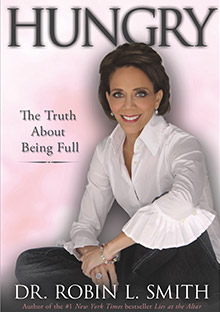
Cover design: Tricia Breidenthal
Read an Excerpt of Hungry: The Truth About Being Full
255 pages; Hay House
Available at Hay House | Amazon.com | Barnes and Noble | IndieBound
For so much of my life, I was dying to be me and hungry to be free. Even though I looked alive and vital, the hourglass measuring the aliveness of my soul was swiftly draining to the bottom. I was losing my battle to be myself. I was in my prime. My career was taking off; I was surrounded by loving friends and family. Yet it felt like time was running out. I had always thought that by the time I was in my forties, life would be good—maybe even great. I assumed that most of the kinks would have been ironed out to some degree.
But from where I stood, I wasn’t forty-something and fabulous. On the outside, maybe. But inside I was forty-something and falling, faking, and failing. I wondered what was wrong with me, whether I was sick, overly exhausted, or depressed. I drove around aimless, feeling lost. The journaling that had for years offered comfort became alien to me. For months I literally roamed—through my house, the woods, the community, the supermarket, the streets, and the co-op. I searched books and billboards, hungry for answers and peace; for everything. I went through a litany of what I was truly hungry for in my life:
I’m hungry for real love—not crumbs I try to call a meal.
I’m hungry to have my gift and talents truly appreciated by those I work with.
I’m hungry to be beautiful and sexy and not a Barbie doll for a man.
I’m hungry for passion and great sex that is worthy of my mind, body, and spirit.
I’m hungry to not have to play small when my spirit and dreams are big.
I’m hungry to be brave and not let fear drive my life.
I am hungry to know I am loved and am irrevocably a child of God.
I’m hungry to be me.
NAMING HUNGER
In talking with friends and family, people I know well, and absolute strangers, I’ve discovered that hunger holds endless questions for all of us. Do we accept conditions in our relationships that make us feel diminished, uncomfortable, or downright miserable? Are we afraid to say the words, “I need”—thinking we’ll be rejected, abandoned, shamed, or sent away? Are we anxious sharing our true feelings? Do we feel we don’t have a right to ask for what we want? Do we feel that honesty causes suffering? Do we find our relationships to be hard work? Do we live in fear that people will discover the real us and judge us negatively? Is our vow to love, honor, and cherish ourselves as important as the vows we make to others?













